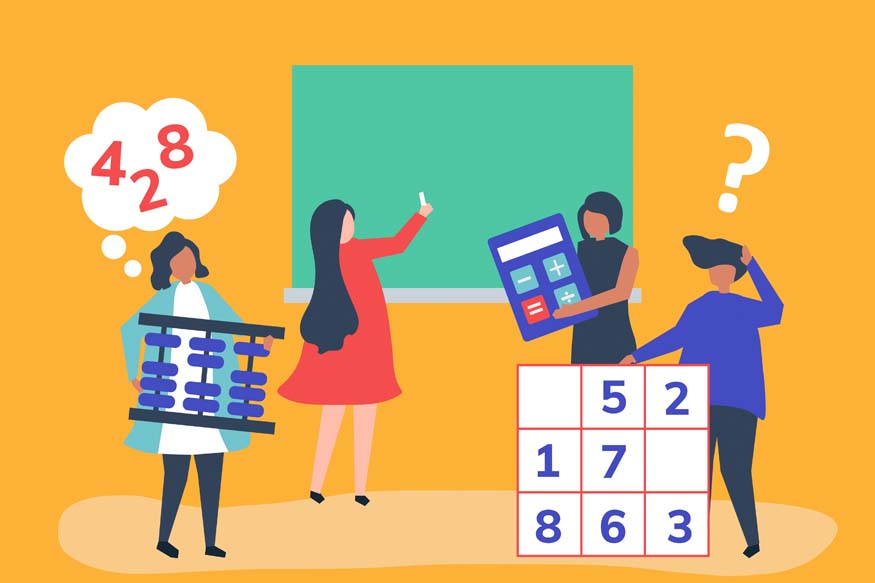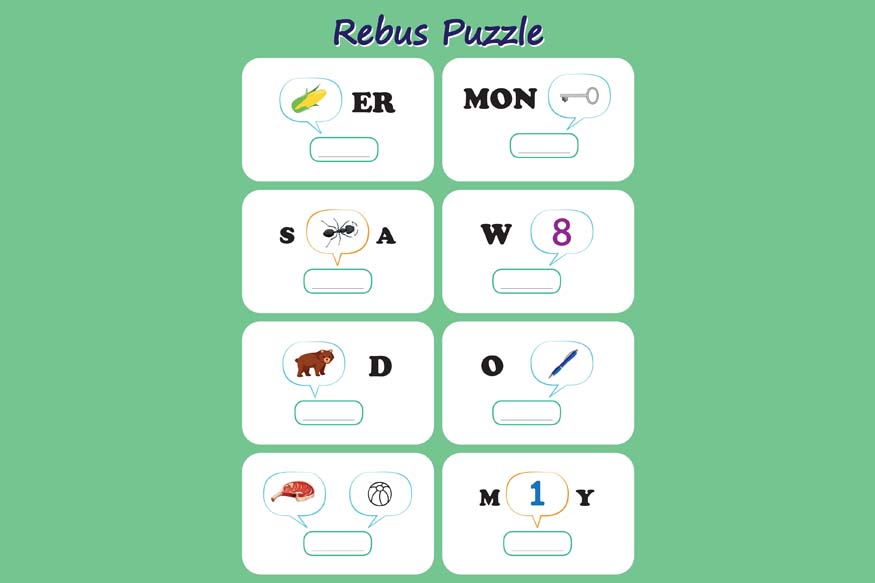Parents play a key role in early childhood education and helping their children’s holistic development. When they get actively involved in their child’s learning, it builds a positive atmosphere that helps in shaping the child’s attitude towards life. This active involvement improves not just grades but also social skills, confidence, and emotional health. Through activities like reading together, going to school events, and talking with teachers regularly, parents can significantly impact their child’s education. In the end, a good relationship between parents and teachers sets the stage for ongoing learning and development.
Involving parents in early childhood education helps in building a seamless connection between classroom and home learning. When parents are on top of their child’s education progress, they can understand their child’s skills and identify areas for improvement. One major challenge for early childhood educators is finding ways to engage parents in their child’s education. By creating open communication between the childcare centres and parents, and actively involving them as key partners in their child’s learning, one can positively influence their educational experience.
Tips for parents of preschoolers
- Improve their communication skills
- Encourage good listening habits
- Promote teamwork
- Teach them to follow instructions
- Assist toddlers with stationery
- Help them become self-sufficient
- Establish a daily routine
- Avoid being overly strict
- Do not give in to their outbursts
- Do not expect them to act like adults

Toddlers need strong communication skills. The clearer they express themselves, the easier it becomes for them to interact with others. This is a great time to enhance their language skills through reading, singing, and fun activities.

Toddlers are naturally curious, making it hard for them to focus. In the preschool stage, your child must engage in activities like singing, drawing, and listening to the teacher. Learning to be a good listener will help them participate actively in these activities.

When your toddler starts school, they will spend 4-5 hours with other kids and teachers, participating in group activities. To help your child interact with others, it is important to teach them about teamwork. At home, they may be the focus of attention, but school is different. To help your child get along with peers, you can teach them teamwork through fun games at home.
It is important to teach your child how to listen and follow instructions. In preschool, they will need to pay attention to their teacher and follow directions. While teachers will be there to guide them, preparing them at home is quite important. You can teach your child to follow instructions through games and enjoyable activities.

Preschools have several activities that involve items like pencils, crayons, glue, and coloured pencils. You can help your toddler learn to use these tools properly by encouraging them to draw and paint. Depending on their age, you can also teach them to write letters and numbers.
Your child needs to learn to do some activities on their own as they prepare for preschool. At home, you can assist your toddler with tasks like cleaning their face or washing their hands after meals or play. However, in preschool, they may need to handle these tasks independently. To prepare them, teach them some basic skills before they start preschool. These small tasks will build their sense of responsibility and independence, which are valuable for their future. You can begin by involving them in simple household chores to foster this independence.

Creating a daily routine for activities like playtime, meals, snacks, and sleep is essential for both you and your child. This routine will not only instil discipline in your child but also help you manage your time better. Additionally, it means you won’t have to chase after your toddler every day for meals or bedtime.

Discipline is not the same as being harsh. If you are too strict, your child may become stubborn. It is better to speak to your child in a friendly way to build trust, allowing them to talk to you without fear. This approach will strengthen your relationship. However, it is also essential to be clear and consistent when setting rules for your child.

That said, you should not be too lenient either! Aim for a balance that is neither too harsh nor too soft. Do not ignore your child’s tantrums. Instead, redirect their attention to something else when they are upset about a specific issue. The key is to understand why they are acting this way and address the root cause.
Sometimes, parents have high expectations for their children. While you might want to treat your child like an adult, remember they are still learning and are just kids. Do not expect them to grasp everything right away. Be patient and allow them to learn at their speed. Encourage their learning and keep them motivated. Discover what interests your child and make tasks enjoyable for both of you, rather than a boring obligation.
Parental involvement in early childhood education is crucial for a child’s growth. When parents actively participate, they create a supportive and engaging atmosphere that boosts learning, social abilities, and emotional health. At Centre Point School, we value this collaboration and invite parents to take part in school events, stay in touch with teachers, and help their children learn at home. By working together, we can build a solid base for lifelong learning and achievement, helping every child achieve their best.





